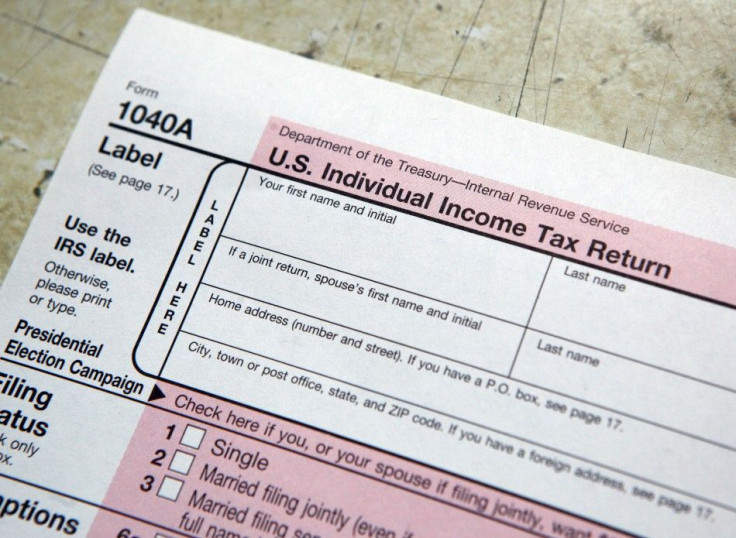Tax Reform: Can Congress Undertake the Heavy-Lift?
ANALYSIS

Is the United States capable of tax reform? U.S. Sen. Ron Wyden, D. Ore., thinks so and he's committed to substantive tax code reform now, as opposed to later, after the 2012 election.
U.S. tax code revisions are arduous because they go to the core of the United States -- commerce -- and a tax code alteration can result in a change to a company's or group's slice of the economic pie.
Hence, as one might sense, the tax code and the tax breaks it contains, is highly contested space. In other words, any tax code change is a laborious journey. What's more, a tax code change is even harder in an election year, as Congress rarely uses that year to tackle big issues, preferring to delay them until after the next election, in this case November 2012, with the hope of having a larger partisan caucus on their side of the aisle. Even so, Wyden is undeterred.
I personally don't believe the country can afford to wait another 14 months [until the November 2012 national elections for tax reform], Wyden said, Reuters reported. The economic hurt is too great.
Wyden's legislation, co-sponsored by U.S. Sen. Dan Coats, R-Ind., would reduce the number of individual tax brackets from the current six to three: 15 percent, 25 percent, and 35 percent and eliminate the alternative minimum tax. Lower income and middle income taxpayers would see a near-tripling of the standard deduction, and most families grossing less than $200,000 per year would pay the same or less tax.
For businesses, Wyden's bill would lower the corporate tax rate to 24 percent. Also, those small businesses with gross annual receipts of up to $1 million will be able to permanently expense all equipment and inventory costs in a single year.
Equally significant, Widen's legislation would eliminate the law that allows a corporation to defer paying taxes on profits amassed overseas. That law has resulted in about $1.5 trillion in foreign profits being parked overseas, side-stepping U.S. taxes.
Political/Public Policy Analysis: Wyden's and Coats' goal is admirable, but it's hard to see Congress, given its current composition, taking on the arduous, high-stakes issue of tax reform when it can barely come to a bipartisan agreement on a typical, full-year budget. Further, in an election year, each side -- Democrats and Republicans are even less likely to reach an agreement on typical issues, let alone the heavy-lift of tax code reform -- for fear of giving the opposition a legislative win in an election year.
So a tax code overhaul is not likely before Jan. 2013, when the new Congress convenes. That said, if the current Congress can somehow find the motivation to pass a modest tax reform bill -- one that at least provides additional incentives for companies to create jobs -- that would be an accomplishment, given that Congress is in election-year mode.
© Copyright IBTimes 2024. All rights reserved.











